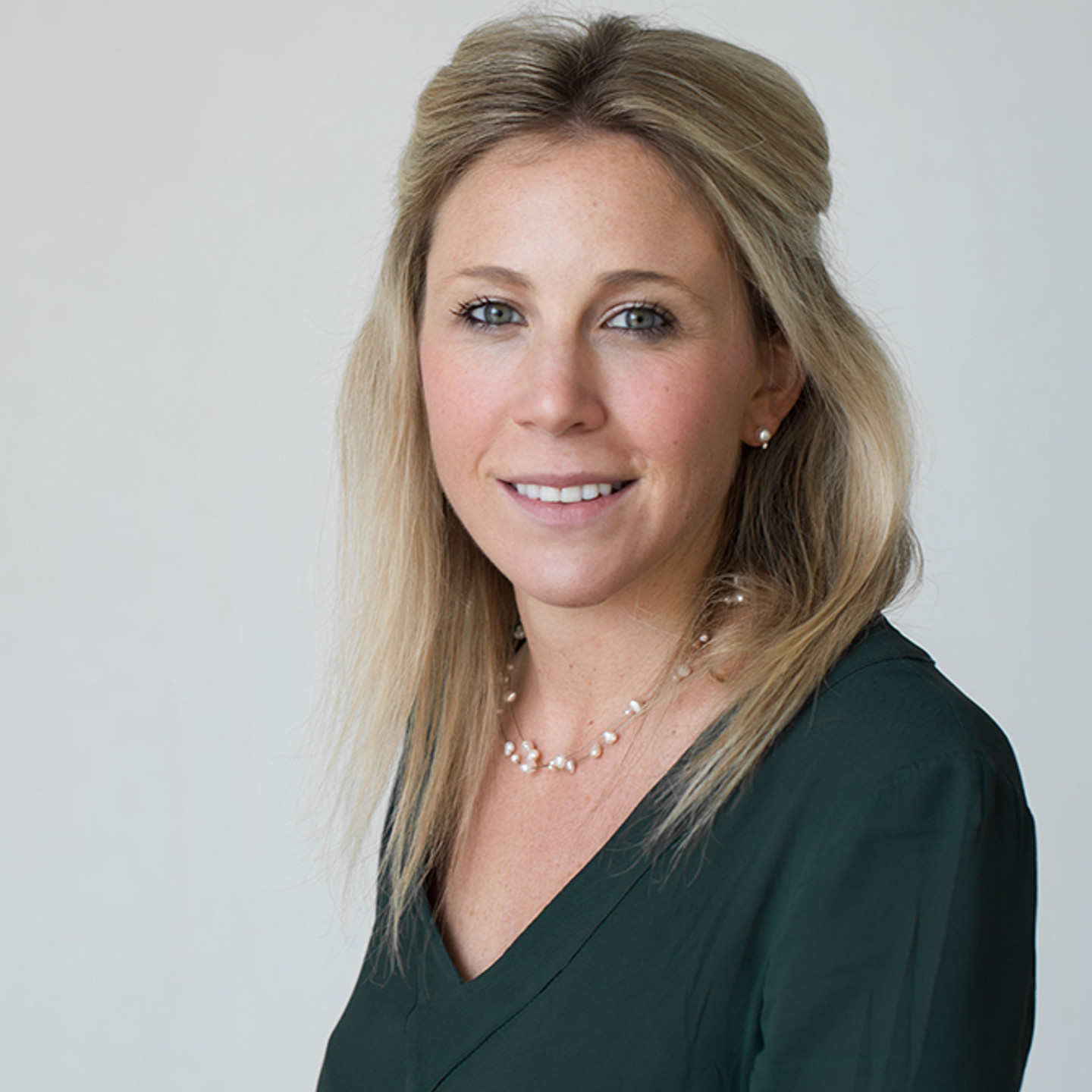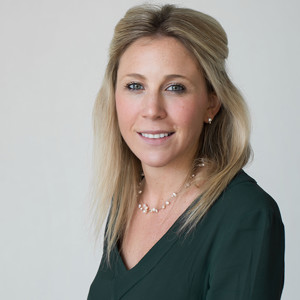
Joanne Huckle
Partner | Legal
Cayman Islands

Joanne Huckle
Partner
Cayman Islands
No Content Set
Exception:
Website.Models.ViewModels.Components.General.Banners.BannerComponentVm
In this briefing, investment funds partner Joanne Huckle, who was recently a guest speaker at GAIM Ops 2022 in the Cayman Islands, discusses different structuring models for private equity firms, plus how they are adapting their strategies and planning for the future.
What are you seeing in terms of structuring in the private equity market?
Historically, fund structure has been something that managers have not wanted to use to showcase innovation or uniqueness. There is a tried and tested formula as to how to structure private equity funds and whilst managers want to show how their strategy is different or how they have developed a proprietary deal flow, the fund's structure isn’t typically something managers want to differentiate. In fact, an unusual structure could unnecessarily prolong investor due diligence. Investors are very familiar with the exempted limited partnership for Cayman PE funds, so why reinvent the wheel and introduce the need to explain the differences - for example, between a share, an LP interest and a unit in a unit trust?
However, we have over the past few years started to see more innovative structuring, which is, in no small part, connected to the blurring of the once clear distinction between hedge funds and private equity funds and those two previously quite separate industries.
How and why are the private equity and hedge fund industries blending?
This is a trend that has been driven both by managers and by investors; we have seen hedge fund managers looking to more illiquid asset classes for alpha generation and we have seen investors willing (eager even) to lock up capital to get better returns.
The result is that some of the structuring tools used in one industry are now being used in the other. For example, master-feeder structures (originally a hedge fund construct) are now being used for some PE structures. Similarly, we continue to see the increasing popularity of side letters (originally used more in private funds). There has been an increase in the use of platforms to create maximum flexibility around strategies and portfolios and even to afford investor opt in/opt out mechanics. This is more typically through the use of Cayman SPCs, but recently I have seen an uptick in using partnerships with separate SPVs underneath to house different investment opportunities.
Perhaps the biggest convergence of all is the use of "hybrid" vehicles. These can be very bespoke and allow some creativity in the structuring; they usually look, in part, like a closed ended vehicle and, in part, like an open ended vehicle.
What else are you seeing as early stage trends?
The other trends in structuring that we are seeing are really driven by regulation. For example, some of our larger managers are using Luxembourg parallel funds, alongside their Cayman funds, to raise capital in Europe. These parallel funds typically invest and divest at the same time as each other in a common portfolio of assets. Sponsors like the ability these structures provide to customize fund offerings for large investors.
There also seems to be a shift in terms of what both GPs and LPs are looking for in a GP-LP relationship. In many instances, it is not just cash that LPs are looking to (or able to) contribute. Broader and more involved relationships are being sought and the negotiation of co-investment rights will often consider this wider GP-LP relationship (for example, we have seen LPs offering valuable ESG related support to the GP).
What are you are seeing in terms of independence and governance trends?
This really comes back to the coming together of the private equity and the hedge fund industries. Hedge fund investors have for a long time expected to see independence on the board of the funds they invest in, but this hasn’t been a requirement in private equity funds. As more hedge investors move to investing in closed ended funds we are (albeit slowly) seeing requests for independent representation in private funds, this can be via a management committee baked into the LPA or through independent managers or directors at the GP level.
As private funds have become regulated funds in Cayman, with new and evolving CIMA rules - as well as other regulatory regimes such as AML, economic substances, FATCA/CRS - it can be useful to have a director on the ground in Cayman to help oversee compliance, although this is not a statutory requirement.

Joanne Huckle
Partner | Legal
Cayman Islands

Joanne Huckle
Partner
Cayman Islands
Ogier is a professional services firm with the knowledge and expertise to handle the most demanding and complex transactions and provide expert, efficient and cost-effective services to all our clients. We regularly win awards for the quality of our client service, our work and our people.
This client briefing has been prepared for clients and professional associates of Ogier. The information and expressions of opinion which it contains are not intended to be a comprehensive study or to provide legal advice and should not be treated as a substitute for specific advice concerning individual situations.
Regulatory information can be found under Legal Notice
Sign up to receive updates and newsletters from us.
Sign up
No Content Set
Exception:
Website.Models.ViewModels.Blocks.SiteBlocks.CookiePolicySiteBlockVm